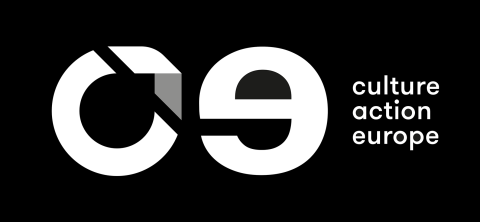Participants
El consorci SCHEME es va formar el 2014 com a part d’un projecte de la xarxa Creative Europe. L’entitat aplega les tres associacions paneuropees AEC, EAS i EMU que juntes cobreixen tot l’àmbit educatiu musical institucionalitzat, des de les primeres edats fins a l'educació superior i l'aprenentatge permanent.
El sector de l'educació musical institucionalitzada s'enfronta a reptes i canvis dràstics. Els vells models d’ensenyament ja no cobreixen les necessitats d’una societat digitalitzada que només sobreviurà si es repensen les idees tradicionals de participació, diversitat i sostenibilitat.
Una educació musical preparada per al futur requereix nou perfil de professorat, menys instructor i més facilitador dels processos d'aprenentatge centrats en l’alumnat. L'educació cultural contribueix de manera important que les persones exerceixin el seu dret a la participació cultural i social. En conseqüència, les necessitats culturals i socials de les persones en una societat diversa només es poden satisfer si aquesta diversitat també es reflecteix en l’oferta educativa cultural.
El projecte SCHEME+ investiga com ha de ser el professorat de música del futur, què implica això quant a la seva formació i com s'han de transformar les institucions per fer possible aquest canvi.
In terms of content, the project takes up suggestions from the 5 music rights, the European Agenda for Music and the Porto Santo Charter. In a first phase of the project, in-depth research is planned, both on the status quo of institutionalised music education offers all across Europe, as well as on the existing opportunities for cultural participation and the cultural needs of non-mainstream communities and marginalised social groups. Within the framework of the investigations, in particular methods of qualitative empirical research will be used. In a second phase, innovative educational elements will be developed and tested which will lead to the development of concise concepts in a third phase. These concepts must not be static, but designed in such a way that they can be dynamically and flexibly adapted to specific situations and needs. This also requires a redefinition of the role of forms of informal and self-determined learning using digital tools within the offerings of music education institutions.








